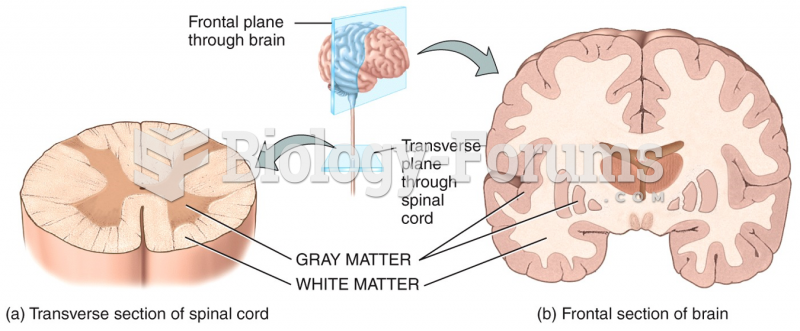Question 1
By the 1890s, voting percentages in the South had
A. decreased for both whites and blacks.
B. increased for whites and declined for blacks.
C. declined for blacks only.
D. increased for whites only.
E. increased for blacks only.
Question 2
Among other positions, Booker T. Washington
A. proposed an exodus of blacks from the South to the West.
B. favored industrial over classical education.
C. argued that blacks spent too much time trying to impress the white middle class.
D. rejected the ideology of the New South creed.
E. called on the federal government to offer job training for blacks.
Question 3
The Supreme Court ruled in Plessy v. Ferguson (1896) that
A. the Fourteenth Amendment was unconstitutional.
B. private institutions were exempt from laws against racial discrimination.
C. communities could have schools for whites only, even if there were no schools for blacks.
D. racial segregation was legal if whites and blacks had equal accommodations.
E. segregation by race in education was inherently unconstitutional.
Question 4
In his 1895 Atlanta Compromise speech, Booker T. Washington
A. criticized the federal government for abandoning southern blacks.
B. stated that blacks should give up in seeking equality with whites.
C. argued that blacks should honor their African forebears.
D. called for political and civil rights for black Americans.
E. called for tacit acceptance of the emerging system of racial segregation.
Question 5
Which of the following statements about the end of Reconstruction is accurate?
A. A lack of respect for private property and free enterprise prevented any real assault on economic privilege in the South.
B. Given the context within which Americans of the 1860s and 1870s were working, it is surprising that Reconstruction did so little.
C. Many white Southern leaders sympathized with Republican economic policies in the South but could not publicly support them.
D. The president and his party had hoped to build up a new Democratic organization in the South.
E. The president and his party proved uninterested in supporting even modest acceptance of African American rights.
Question 6
Advocates of the New South
A. discouraged white women from working outside of the home.
B. promoted southern industry and railroad development.
C. opposed using northern capital.
D. challenged the assumptions of white supremacy.
E. in fact advocated a return to the plantation system of the antebellum South.






